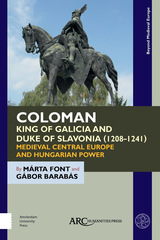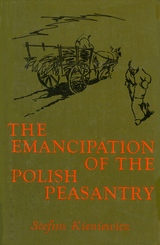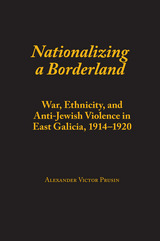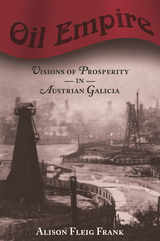

Captured in this study are the complexity and fascination of one hundred and fifty years of Polish political, cultural, and socioeconmic history. The author traces the course of peasant emancipation in Poland from its beginnings during the Enlightenment to its aftermath in the cultural awakening of the peasantry during the half century prior to World War I and shows how the peasant question played a vital role in the struggle for independence in partitioned Poland.
The book synthesizes, for the first time in any language, the work of leading Polish historians during the present century. It presents a clear analysis of the disintegration of the economic system based on serfdom and compulsory labor prevalent in feudal Poland and traces the emergence of modern capitalist conditions, including wage labor and independent property rights.
Also analyzed is the role of foreign goverments in the emacipation process. The freeing of the serfs took place during a period when all or most of the country was under the rule of Russia, Prussia, or Austria. Although emancipation was due primarily to economic forces withing Poland, it was hastened by peasant resistance and the national struggle for political independence led by Polish patriots who demanded far-reaching social reforms.
This comprehensive study provides valuable information not only to those with a particular interest in Poland but also to scholars concerned with the parallel problems in Russia andother Eastern Eurpean countries, to specialists in agrarian history, and to students of Eastern European history who lack adequate reading materials in English.

Nationalizing a Borderland enriches understanding of ethnic conflict by examining the factors in the Austro-Hungarian province of Galicia between 1914 and 1920 that led to the rise of xenophobic nationalism and to the ethnocide of World War II. From Russian, Polish, Ukrainian, and Austrian archival sources, Prusin argues that while the violence inflicted upon Jews during that period may at first seem irrational and indiscriminate, a closer examination reveals that it was generated by traditional antisemitism and by the security concerns of the Russian and Polish militaries in the front zone. This violence, Prusin contends, served as a means of reshaping the socio-economic and political space of the province by diminishing Jewish cultural and economic influence.

At the beginning of the twentieth century, the Austrian Empire ranked third among the world's oil-producing states (surpassed only by the United States and Russia), and accounted for five percent of global oil production. By 1918, the Central Powers did not have enough oil to maintain a modern military. How and why did the promise of oil fail Galicia (the province producing the oil) and the Empire?
In a brilliantly conceived work, Alison Frank traces the interaction of technology, nationalist rhetoric, social tensions, provincial politics, and entrepreneurial vision in shaping the Galician oil industry. She portrays this often overlooked oil boom's transformation of the environment, and its reorientation of religious and social divisions that had defined a previously agrarian population, as surprising alliances among traditional foes sprang up among workers and entrepreneurs, at the workplace, and in the pubs and brothels of new oiltowns.
Frank sets this complex story in a context of international finance, technological exchange, and Habsburg history as a sobering counterpoint to traditional modernization narratives. As the oil ran out, the economy, the population, and the environment returned largely to their former state, reminding us that there is nothing ineluctable about the consequences of industrial development.
READERS
Browse our collection.
PUBLISHERS
See BiblioVault's publisher services.
STUDENT SERVICES
Files for college accessibility offices.
UChicago Accessibility Resources
home | accessibility | search | about | contact us
BiblioVault ® 2001 - 2024
The University of Chicago Press









